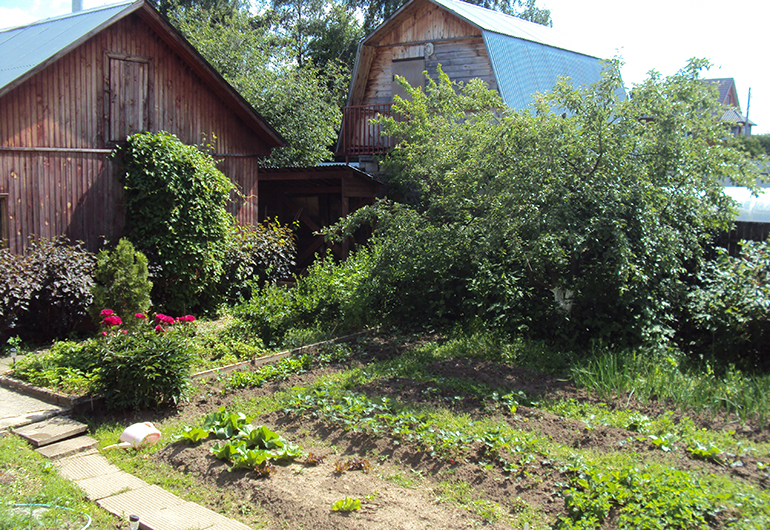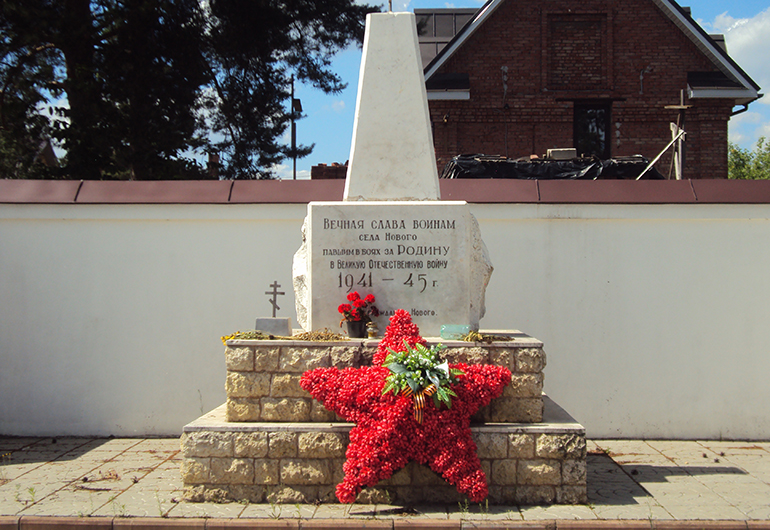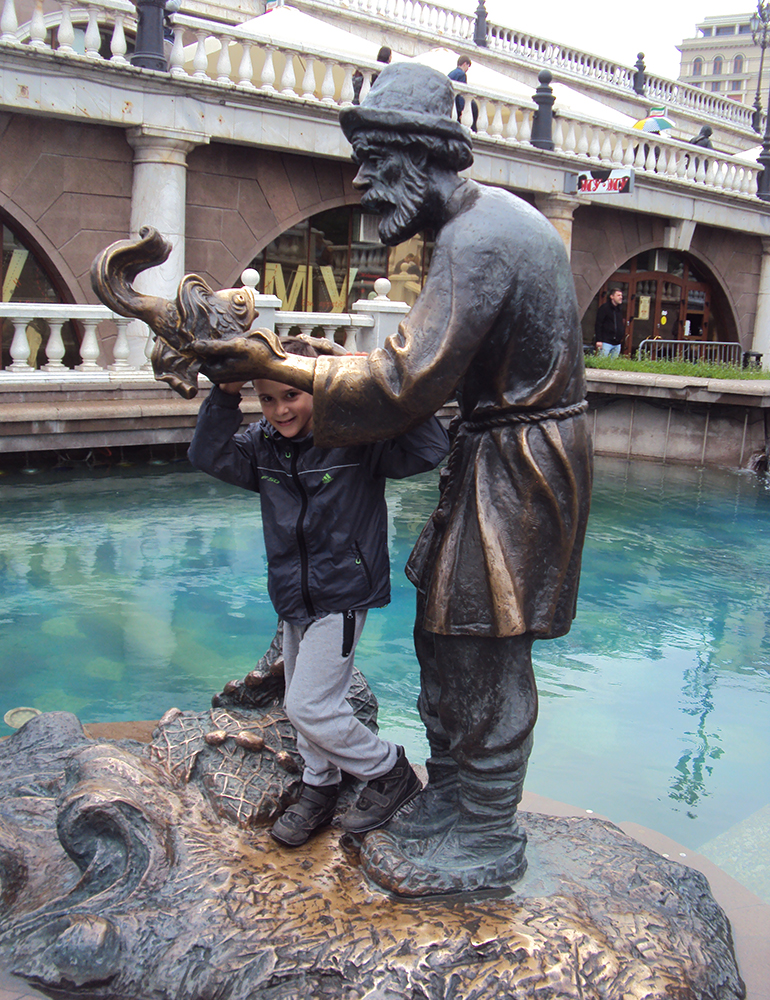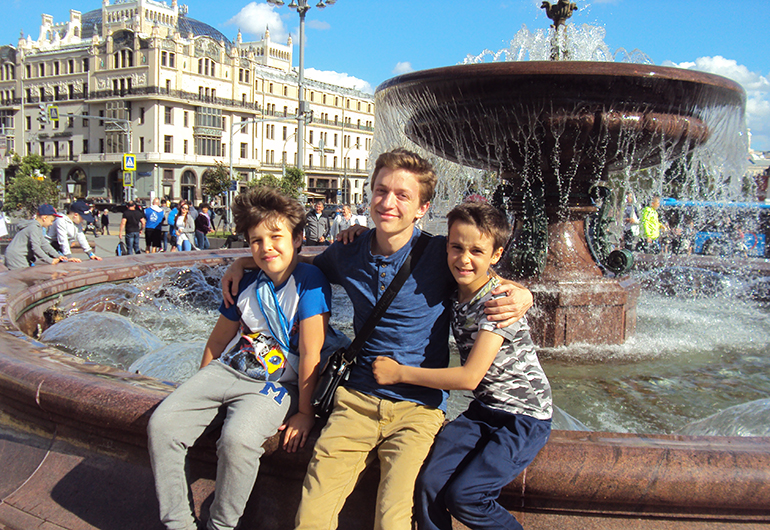One of the amazing aspects about living abroad is the opportunity that one has to experience a new culture. In my experience, teaching English in a homestay in Russia has been quite different from my home environment. Russia seems to me to be a place where the pervasiveness of globalization is evident, yet at the same time, Russian culture contains so much that is remarkably and uniquely its own.
For those who are possibly interested in living abroad in Russia, or for those who are simply curious about an American’s view on the Russian way of life, below are a few characteristics of Russian culture that have stood out to me.
Here are 5 Characteristics of Russian Culture I Have Learned from my Host Family:
1: The Russian Smile
Sitting on an electric train on the way to Moscow, I took a good look around, and practically every single person had a straight face, with some people looking down-right upset. Some may think that this is because Russians are serious, unhappy people; however, living with a Russian family, I have found the exact opposite to be true.
My family loves to have fun and laugh together, and they smile quite often. It is simply a part of their culture that in public, Russians do not show much emotion. If they are at home or with those they know well, then they are much more open with their feelings. Once you get to know them, they are quite friendly and kind.

2: Tea
Russians absolutely love their tea. In the morning, in the middle of the day, right before bed – every time is a good time for tea. Green tea, black tea, herbal tea, fruit tea: they have it all.
They also use “tea time” to socialize with one another. The other day, my host family had some friends over in the late afternoon. Within minutes we were sitting at a table in the yard with boiling water, a few different types of tea, a small cake, and a bowl of candy. The best way to drink tea, my host family has informed me, is to not add sugar, and then eat some chocolate as you sip your tea and converse with family or friends.

3: Garden Life
My host family is in the minority of people who actually own a home in the countryside. Many other people with homes near us live in apartments in the city, and then come out on the weekends to their dacha, or country home. No matter the living arrangements, most Russians have their own garden.
My host family grows potato, cabbage, tomato, cucumber, carrot, and many types of berries, including strawberries and three types of currant. That tea I mentioned above: it was made from the leaves of plants grown in their own garden. Russians as a whole love nature, and they especially love to garden.

4: Russian Pride
Patriotism holds an important place in Russian culture. They are proud of their history and of their contributions to the world. One of the ways this has been very evident to me is the vast number of monuments and statues in cities and towns. Even in less densely populated areas, such as where I live, there are many such memorials.
On the way to the train station, which is not very far from my host family’s house, I pass three monuments, two of which are directly associated with World War II. As I mentioned in a previous post, remembering World War II is very important to Russians, and so too is history in general.

5: Literature
I was amazed when I learned that Russian children memorize the poems of well-known Russian poets, such as Pushkin, in elementary school. Not only this, but they also grow up hearing and reading fairy tales of all types, from Russian folktales to the Brothers Grimm. This passion for literature continues on into adulthood – not only have the parents of my host family read most Russian classic novels, but they have also read more English classics than I have.
After a conversation about books, they provided me with a whole stack of books that they recommended I should read. From “The Tale of the Fisherman and the Fish” to “Crime and Punishment,” there is a strong link between Russian life and literature.
These are just a few of the aspects of Russian culture that I have noticed during my time here. Living with my host family is a fantastic opportunity to experience life outside of my little bubble that I call home. This experience is helping me to learn and grow, and ultimately change as a result of my new perspective on life.
About the Author: Samuel Tew
I am a student at Florida State University studying International Affairs. I am a vocal musician and hiking enthusiast. I lived in Russia previously as a volunteer missionary for the Church of Jesus Christ of Latter-day Saints, and I am looking forward to learning more now as I live with a Russian family.
